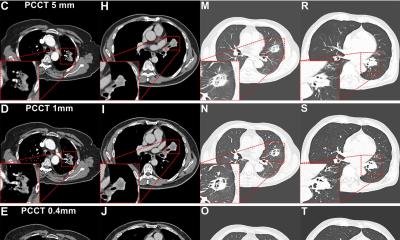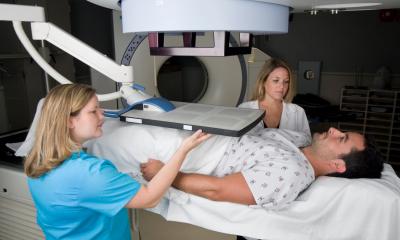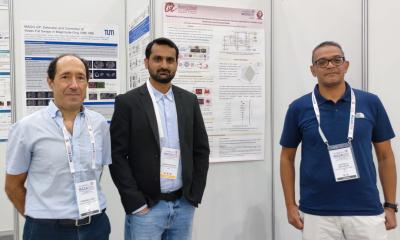COCIR Publishes Its Summary
COCIR, that represents the European Medical Imaging, Electromedical and Healthcare ICT Industry, announces the preliminary results of its Medical Imaging Equipment Age Profile and Density report.

The report has identified some alarming findings, namely that installed base density per capita is highlighting fundamental access inequalities. We believe this is a direct consequence of the broad austerity measures European countries have been exacting on their healthcare delivery systems. This publication is made available at the time of HOPE Congress in Amsterdam. This event, supported by COCIR, will bring together key hospital directors, policymakers, decision makers and other important key stakeholders from EU countries and beyond.
Nicole Denjoy, COCIR Secretary General, said, “If the current trend is not reversed, European healthcare systems will be unable to meet the challenges of the next decade, including the ageing of its population and workforce, the increase of chronic diseases, patient security, quality expectations and healthcare system sustainability in the widest sense”.
Since 1996, COCIR has closely monitored the ageing of medical imaging equipment and published the findings on regular basis. A more in-depth publication will include additional elements further substantiating the findings already highlighted in the
summary made available today.
Nicole Denjoy added, “COCIR calls on EU institutions and Member States to further support the need for a comprehensive, coherent and sustained investment and deployment strategy for all medical imaging equipment modalities and related healthcare ICT equipment and services, through an effective use of cohesion policy funding”.
27.05.2014





